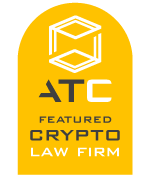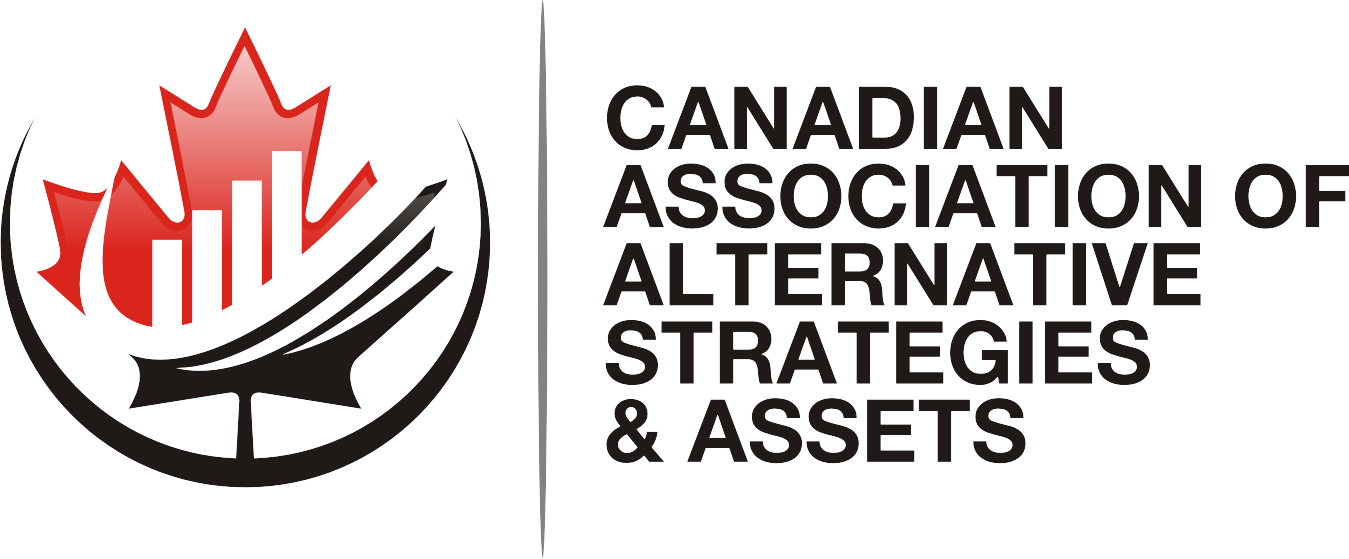
It is not uncommon for someone to walk into our office who was either an early investor in Bitcoin or Ethereum, or who had successfully played the Altcoin markets to reap substantial gains. For those people it is only a matter of time before friends and family start to ask how they turned a $5,000 investment into $500,000, in many cases in less than 6 months. Inevitably those same friends and family then start to ask them to invest on their behalf, and from there the word spreads.
Some people like to keep it small but others collaborate with people of like mind who start to reach out to the general public through a number of methods including online advertising, public websites and online marketplaces such as Craigslist and Kijiji. The question then is whether any regulatory approval is required to undertake these types of activities.
The question of whether securities regulations apply to advising on trading in cryptocurrencies depends largely on whether the particular cryptocurrency being traded is a security and also on the type of activity.
Are You Trading in Securities?
As we discussed in “Are Cryptocurrencies Securities?”, the Ontario Securities Commission (“OSC”) has not explicitly categorized cryptocurrencies as an “Investment Contract” or any other type of security under the Ontario Securities Act. In determining whether a coin or token is a security, the courts will apply the four-pronged test adopted by the Supreme Court of Canada in Pacific Coast Coin Exchange of Canada v. OSC, [1978] 2 SCR. In Pacific Coast, the Court held that an investment contract (and thus a security) exists when the asset in questions meets the following criteria:
If the cryptocurrency is found to be a security, the person providing the trading service will be required to comply with applicable registrations (such as dealer and advisor registrations) and other requirements under securities law.
Generally, a coin or token with all of the following characteristics will likely not meet the definition of a security:
Registration Requirements if You Are Dealing in Securities
If you are in the business of trading and advising on coins or tokens that are securities, or if you are holding yourself out as engaging in the business of trading and advising on coins or tokens that are securities, you must register with the OSC as a dealer and/or advisor or obtain an exemption from the registration requirement. “Trading” is a very broad term and encompasses not only any sale or disposition of securities for valuable consideration, but also includes any act, advertisement, solicitation, conduct, or negotiation directly or indirectly in furtherance of such a sale or disposition. Registration, however, is not required if you are not engaged in such activities for a business purpose. In determining whether your activity meets the business trigger, the OSC will look at such factors as regularity or continuity of your activity, expectation of profit, solicitation of sales and other relevant factors.
Trading to friends, family, business associates, or accredited investors does not relieve you from the registration requirements unless your trading activity occurs only through a third party registered dealer. You will have to comply with initial registration requirements, such as proficiency, integrity and solvency in order to have your registration application approved by the OSC. In addition to initial registration, you will be required to comply with various ongoing requirements, including but not limited to business conduct requirements (which include know-your-client and suitability obligations), financial requirements, and compliance with anti-money laundering (“AML”) rules.
Potential Obligations Even if You Are Not Dealing in Securities
Not dealing in securities may not mean you are not subject to any requirements. Once amendments to the Canada’s Proceeds of Crime (Money Laundering) and Terrorist Financing Act (“PCMLTFA”) come into force, businesses that “deal in virtual securities” may be required to be registered as a money services business (“MSB”) with the Financial Transactions and Reports Analysis Centre of Canada (“FINTRAC”), and thus will be subject to the obligations and requirements outlined in the PCMLTFA.
Aaron Grinhaus is an experienced Fintech advisor and tax lawyer with a focus on crypto asset structuring and ICO advisory. If you have questions about cryptocurrency trading, Initial Coin Offerings (ICOs), tax structuring your crypto holdings or other blockchain related questions, please call or email us to see how we can help.
PLEASE NOTE: THIS IS NOT INTENDED TO BE LEGAL ADVICE AND SHOULD NOT BE RELIED ON AS SUCH. IT IS IMPORTANT THAT YOU CONSULT WITH A LICENSED PROFESSIONAL.





